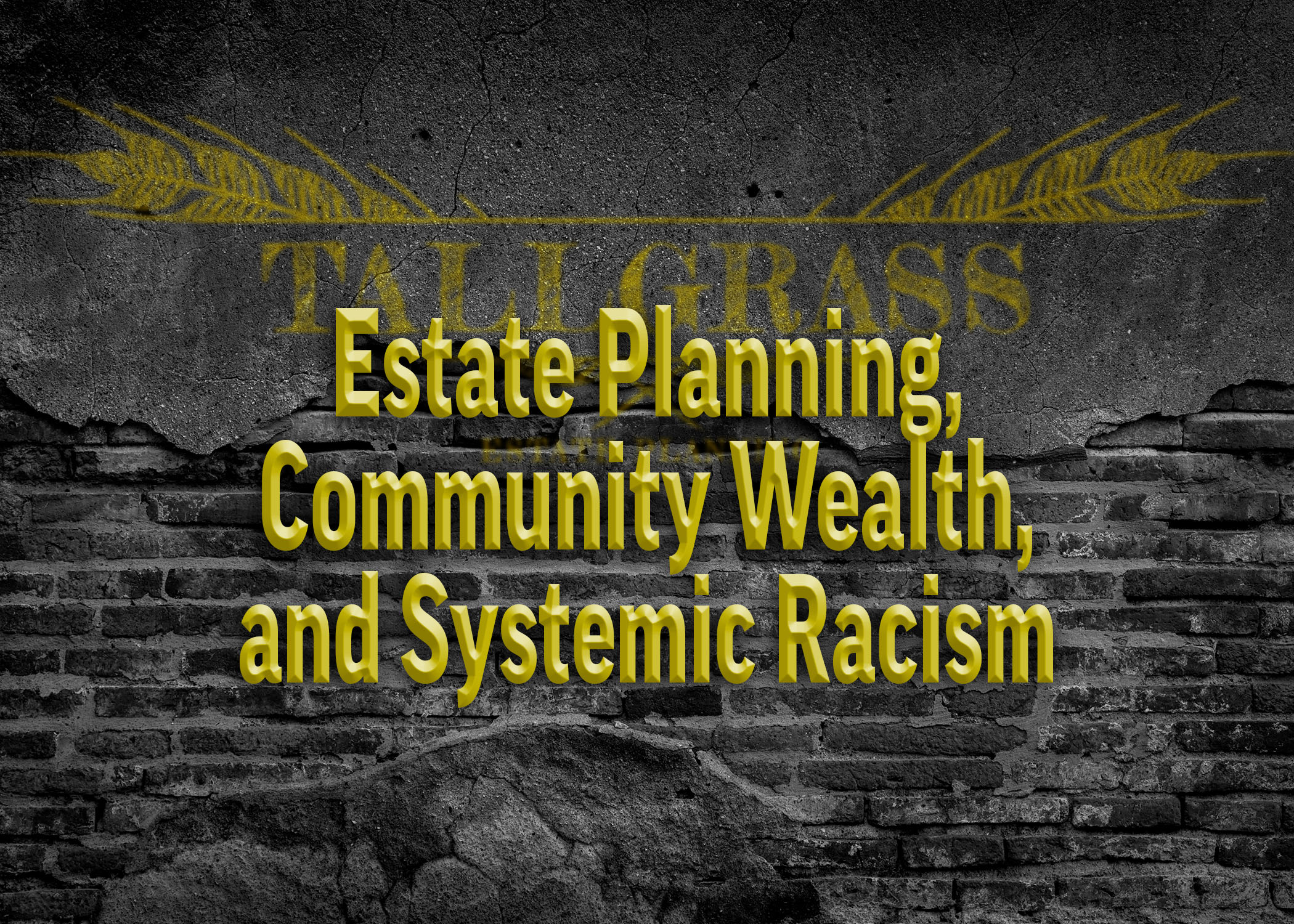
"Adulting" is one of my favorite neologisms, even though it's been criticized harshly by some. If you're new to the word, you've still probably already figured out what it means. It's just a playful way to describe doing typically "adult" things that no one particularly likes to do but everyone has to - doing laundry instead of just buying more underwear, eating your vegetables instead of pizza rolls, actually going to the doctor, paying your taxes, changing a tire, etc, etc, etc. You get the gist.
While I have neither the time nor the expertise to provide instructions on all aspects of adulting, I want to encourage three very adult behaviors related to your finances and personal assets (however little or much you may have).
And I'll just warn you now, the three things I'm going to talk about - as with many adult things - are not at all exciting, not in the least, but come with a pretty major boost to your peace of mind and confidence. So there's that.
01-Buy Some Life Insurance.
Now, this one is especially important if you are married and/or you have children. A term life insurance policy ("term" means that the policy is good for a limited number of years - 20, 30, etc.) makes sure that you're not leaving your loved ones with a financial burden. Life insurance policies can be small enough to cover funeral and burial costs, or large enough to pay off your consolidated student loans or a mortgage on a home or other debts, or even big enough to make sure your family has a few years of your income to help them make it while they're adjusting to life without you.
And it's not expensive. There are policies that fit into any budget. Just make sure that you're working with a reputable agent who will help you understand your needs. If you would like a few referrals to people we know and trust, let us know.
02-Save for Retirement.
No matter your current situation - married or single, kids or no kids, minimum wage job or big salary and benefits - you NEED to save for retirement. If you're counting on Social Security to do the heavy lifting, you've got your head buried in the sand.
The sooner you start saving for retirement, the more you'll have. (Obv.) But there are two reasons for that.
- First, and most intuitive, there's the idea that the earlier you start saving your dollars, the more of your dollars you will have at retirement. Money = Money. Easy.
- But second, and this may be a new idea to some of you, there's this beautiful thing called compound interest. What is compound interest, and why is it beautiful? Compound interest is what happens when the interest you earn on your own dollars earns interest on itself. It may sound complicated, but the principal is this: the sooner you start saving, the WAAAAYYYY better. Here's a helpful article about it.
Again, as with insurance, it is important that you work with someone reputable, that has your best interests and needs at heart, and that will work with you over the long haul. Retirement savings is not a "one and done" kind of thing. If you would like a few referrals to people we know and trust, let us know.
03-Create an Estate Plan.
I've written about this one a lot, like here, and here, and here. So I won't rehash that stuff. Just follow the links.
But here's the big picture: Estate planning is not about how much you have, but about how you want to use it and who it's for. It makes sure that whatever you've got - whether a lot or a little - gets used by the right people the right way, without needing to go through courts, involve other attorneys, cost more money, etc. It's primarily about simplifying things.
If you want to know more, we would love to talk with you about it. Best part, the conversation about how it could benefit you doesn't cost anything. Contact us at (918) 770-8940 or firm@tallgrassestateplanning.com to set up a free consultation, either in person, video chat, or phone call.
Disclaimer: Reading this blog post does not create an attorney-client relationship, and it is not formal legal advice. This is for information purposes only. Your best bet, always, is to speak with an attorney about your questions, assets, concerns, and needs.

















